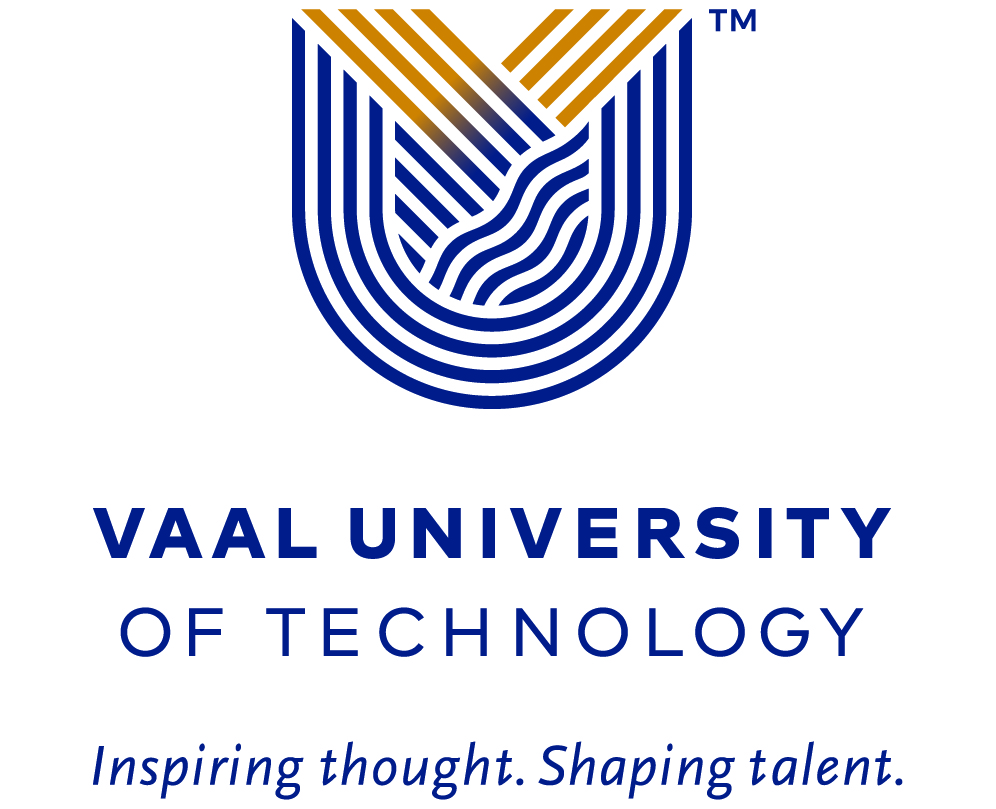Vaal University of Technology spreading its wings to Africa
Since its inception as the Vaal Triangle College for Advanced Technical Education in (1966-1979), then Vaal Triangle Technikon (1979-2003), the Vaal University of Technology has evolved into a formidable tertiary institution, drawing students from all over the country and the African continent. It is physically located in a small town known as Vanderbijlpark, on the banks of the Vaal River, the largest river in South Africa, 68km South of Johannesburg.
In South Africa, many universities refer to themselves as African universities, but their cultures and ethos are not necessarily African, they are more Euro-centric. Perhaps such universities could be referred to as universities in Africa and not necessarily African universities.
While it is good and advisable to have collaboration and partnerships with universities across the globe, VUT believes charity begins at home and, in this regard, its vision and mission are aligned and deeply rooted in the Africa 2063 Agenda. It is in this respect that VUT is strengthening its ties with institutions in other countries of the African continent. Such partnerships seek to reinforce VUT's belief and focus on pan-Africanism as a philosophy and not so much as an ideology. VUT's obligation to Malawi, Uganda, Tanzania, Ghana, Kenya, Mozambique, Swaziland, Lesotho, Botswana, Namibia, and yet to come, Zambia, Zimbabwe, Nigeria, and Democratic Republic of Congo supports its claim to being an African university.
This is further buttressed by the fact that there are about 22 African countries whose students are registered with this university, and therefore, spreading its knowledge economy to the rest of Africa.
If one were to ask what it is that makes VUT claim the status, the following points would be VUT's response:
* Its strength in indigenous knowledge and medicine; * Its initiative on African Centre of Memory. This will accommodate research on African values, African belief system, African cultures and traditions; * Linking the fourth industrial revolution to early footage of African civilisation; * To ensure its programme qualification mix is equally aligned to the Africa 2063 Agenda and NDP 2030, and thus paving the way to being an African university of note; * Ensuring that VUT strengthens its ties with traditional leaders whose forebears fought against the colonisers, imperialists and the architects of apartheid in the protection of the land, which belongs to the majority of the people of South Africa; and * Ensuring community engagement is not a master/servant relationship, but it is a project which is beneficial to both the institution and the community within which it is located.
The above factors are some of those which VUT boasts about and, in a few months' time, the institution will be making some very provocative announcements about how it intends to respond to the challenges of pan-Africanism as advanced in the Africa 2063 Agenda. Furthermore, the VUT's new branding speaks to the heart and soul of what an African university is. Many of its leadership passions are about positioning VUT as the best in the midst of a moral deficit and leadership in a disrupted world.
VUT's approach and vision in spreading its wings to Africa is influenced by Robert Sobukwe's speech of 1949, when he addressed the graduating class of that year when he opined:
"Let me plead with you, to carry with into the world the vision of a new Africa, an Africa rejuvenated, an Africa reborn, an Africa re-crafted, young Africa. We are the first glimmers of a new dawn." Pogrund B:2015(36).
Indeed, VUT sees itself as having entered a new era, especially in terms of its established relationship with the Sobukwe Foundation, as well as yet to be signed memorandum of understanding with the Sharpeville Memorial Foundation. VUT is situated and located in a politically charged environment, eg, the 1960 Sharpeville shooting, the 1985 Boipatong Massacre and the 1996 signing of the constitution of South Africa in Vereeniging.
These events and many more put VUT on a special platform of redefining its roots within the African continent. A nation which does not have an appreciation of its roots is lost. VUT does not want to meander and wander in the desolate desert of confusion and perplexity, but it wants its actions and programme to be informed by the African dreams and the African drums, which will differentiate it from the other South African universities so none would dare challenge VUT when it says: "We are an African university!"
